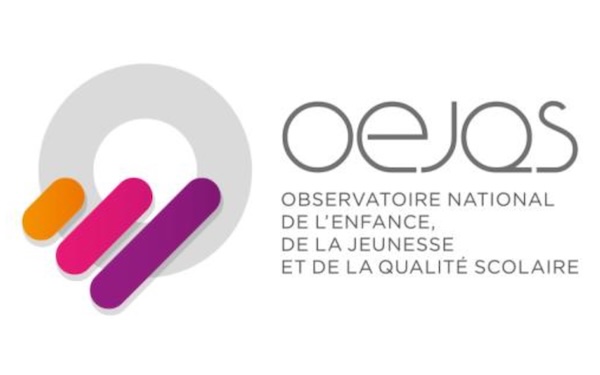
On Monday 24 November 2025, Luxembourg’s National Observatory for Childhood, Youth and School Quality (Observatoire national de l’enfance, de la jeunesse et de la qualité scolaire – OEJQS) announced the publication of a new report into the importance of Teacher–Student Relationships in achieving academic success.
According to the OEJQS, the report emphasised that both the relationship between educators and students, as well as the quality of feedback provided to each pupil on their academic performance, play a crucial role in pupils’ success and showed that there is significant potential for improvement, particularly at the secondary education level.
The OEJQS noted that a positive relationship between teachers and their pupils not only fostered students’ motivation to learn and their academic performance but also contributes to their well-being, with support, empathy and respect for pupils being decisive factors. At the same time, feedback also has a strong influence on the learning process.
The OEJQS highlighted that the report builds on the factors identified as essential in Hattie’s meta-analysis¹ – teacher–student relationships, support and feedback – and examined how these factors manifest in Luxembourg compared with other countries.
The findings showed that pupils’ perceptions of these factors vary considerably, both between different types of schools in Luxembourg and in an international comparison. For example, the attitudes of primary school teachers are rated significantly more favourably than those of their secondary school counterparts.
In the international comparison, the values given to support, feedback and enthusiasm indicators for Luxembourgish secondary education were again considerably lower than in other countries.
Following these findings, the report identified key priorities and offered concrete recommendations to guide education policymakers, regional authorities and school leaders. These focused on four fundamental areas:
⁃ the introduction, at the national level, of measures to improve support and feedback indicators in secondary education;
⁃ the strengthening of teacher–student relationships, support and feedback in both initial teacher training and continuing professional development;
⁃ the development of targeted programmes and interventions to promote these factors at school level;
⁃ the integration of support and feedback indicators into a national catalogue of indicators for monitoring school quality.
Through this report, the OEJQS said it aims to “encourage constructive dialogue among education stakeholders – policymakers, school administrations, headteachers and teaching teams – and to provide new perspectives for sustainable, high-quality, evidence-based educational development”.








